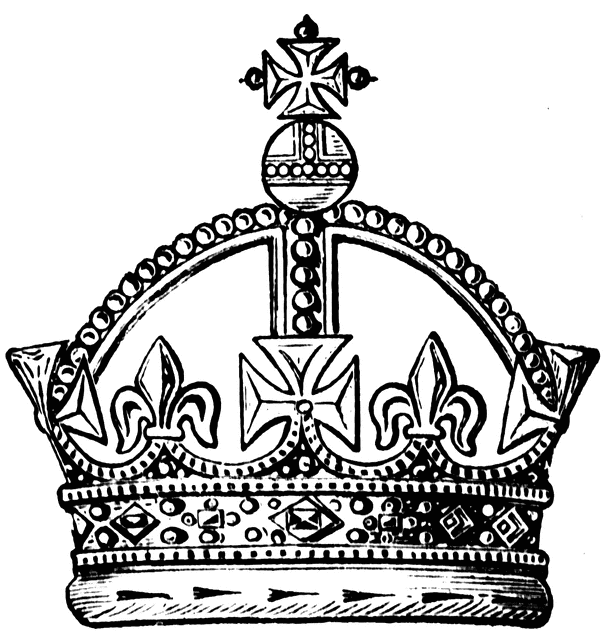Lutheran Victoria-Tasmania District President writes in Support of Archbishop Hart's Stand against Abortion Bill
The President of the Lutheran Church of Australia - Victorian District (including Tasmania), Rev. Greg Pietsch, has written a letter to the Pastors and People of his District, in which he stands with Archbishop Denis Hart in opposition to the Bill. His letter is as follows:
Lutheran ChurchI thank God that our Lutheran brothers and sisters and their President stand fully committed to the fight against this pernicious bill with the Catholic people of Victoria and Tasmania and their Metropolitan Archbishop.
of Australia
VICTORIAN DISTRICT (INCLUDING TASMANIA)
President
Rev Greg Pietsch
23 September 2008
Dear pastors and people of the Victorian District
We meet in District Convention at Wodonga in just over two week's time, and I look forward to being with those who attend in the presence of our Lord and his holy word and sacrament. The District Report Book has been sent out and I encourage you to read it and give response to your delegates to bring to convention.
But another matter presses me to write – the 11 September passing by the Victorian Legislative Assembly of a Bill to legalise abortion. This now goes to the Upper House, and if passed there may become law very quickly. Essentially the legislation provides for abortion-on-demand for up to 24 weeks gestation, and for beyond 24 weeks up to birth as long as two doctors believe it is appropriate. What's more, the legislation requires doctors and nurses who conscientiously object to abortion to refer a woman requesting an abortion to medical practitioners who don't have such an objection, and to perform an abortion in an emergency where it is thought this is necessary to preserve the life of the woman. There are other deficiencies in the proposed law, but clearly it would put some people in an intolerable position in relation to their work as health care professionals. Archbishop Denis Hart has said it may force Roman Catholic hospitals out of maternity and emergency services, and that the Bill is 'an unprecedented attack on the freedom to hold and exercise fundamental religions beliefs.' I agree and have put my name to a letter to parliamentarians expressing this some weeks ago. Now there is even more urgent need for prayer and for concerns to be expressed to Members of the Legislative Council. Details can be found in the attached letter by the archbishop.
In writing this, I remind you, as Denis Hart does, that the church does not condemn women who have abortions, but rather encourages them to find hope, forgiveness and healing in the grace of God in Christ, along with all who are involved in the situation. It is the perverse 'culture of death' which leads to abortion being seen as somehow normal and a 'right', and legalising abortion will only advance that belief rather than teach the truth. In all this the church continues to plead for God's mercy, and holds out the gospel of Christ as God's gift of life to the world.
God's peace to you in Christ,
G P Pietsch
I also understand that Pastor Pietsch has accepted an invitation to join us at St Patrick's Cathedral for the Day of Intercession on October 5 at 12:15pm and that he is encouraging his people to come also.
Let us pray that other Christian community leaders and their people may have the same courage to stand with us in prayer before the Lord for the defeat of the Bill.










.JPG)


.JPG)







